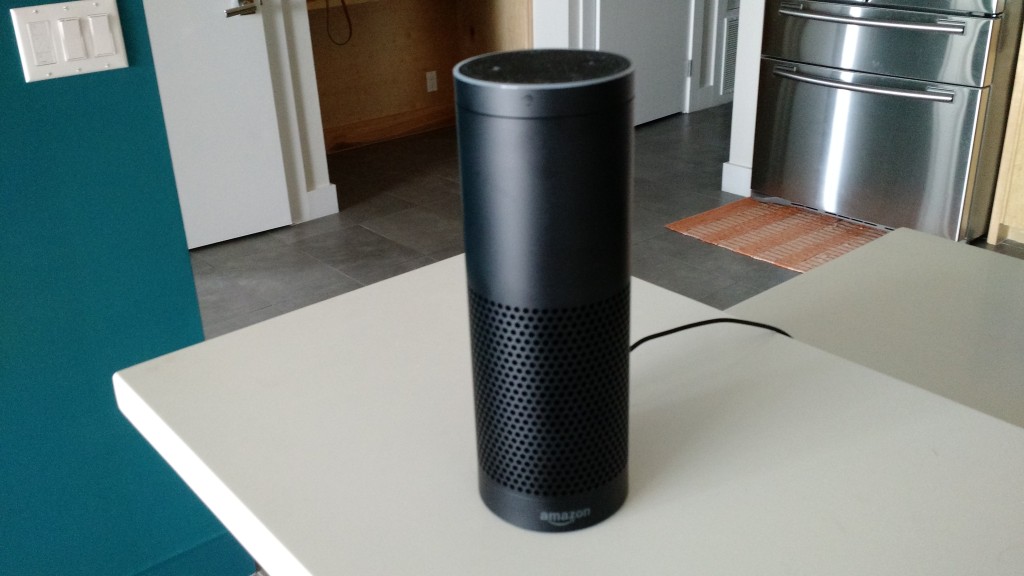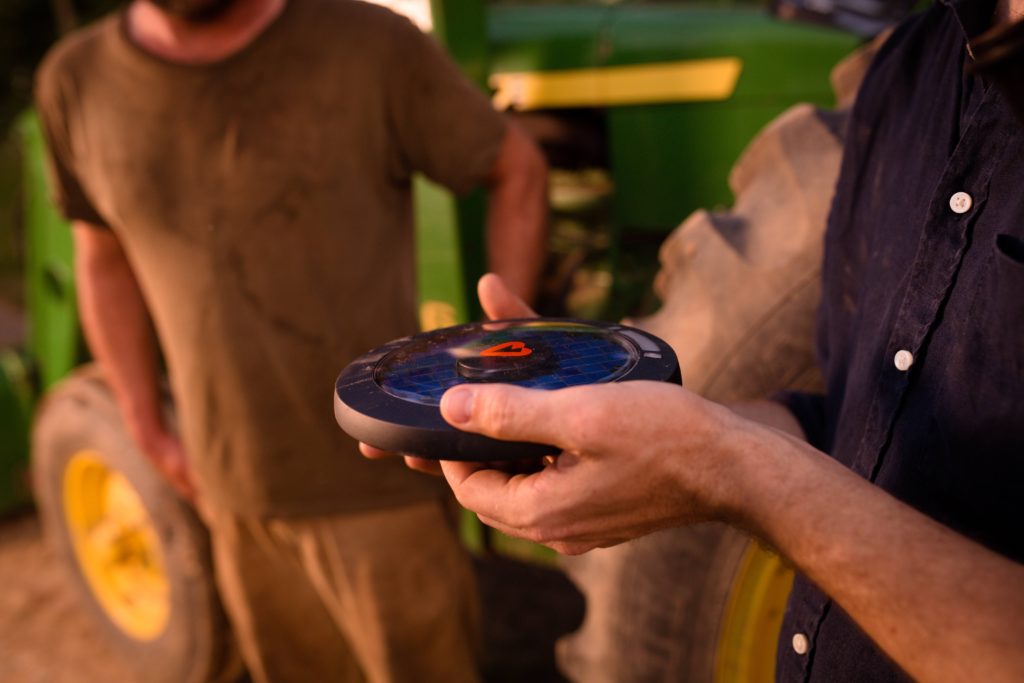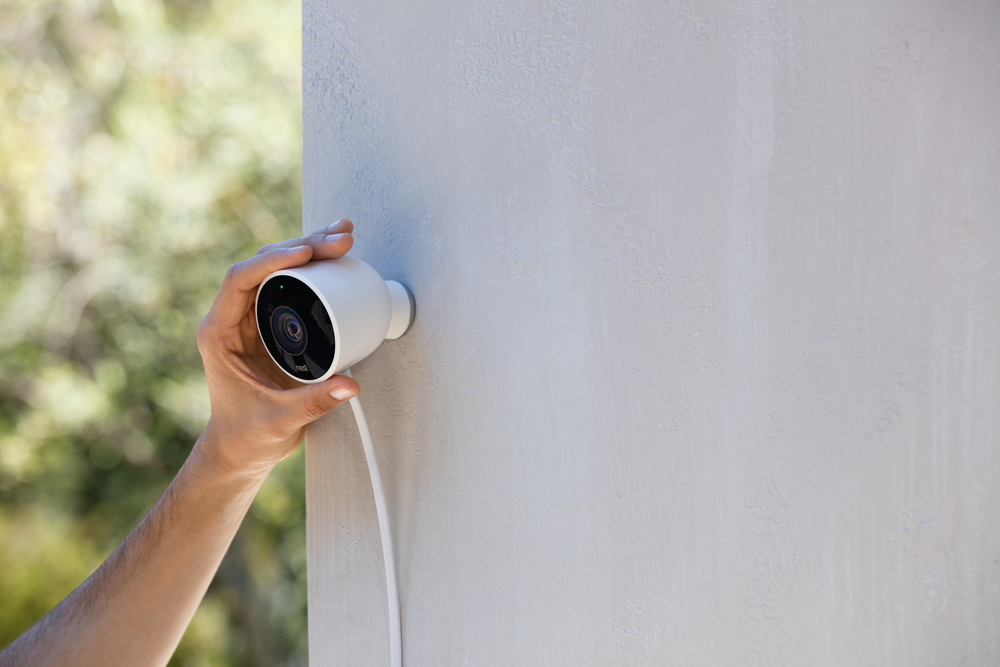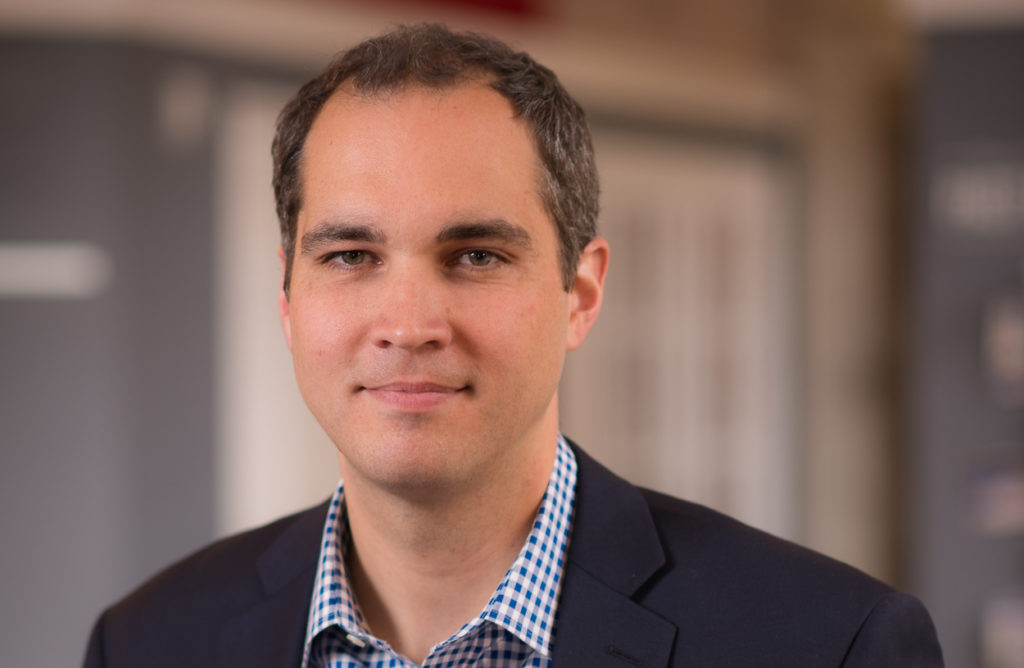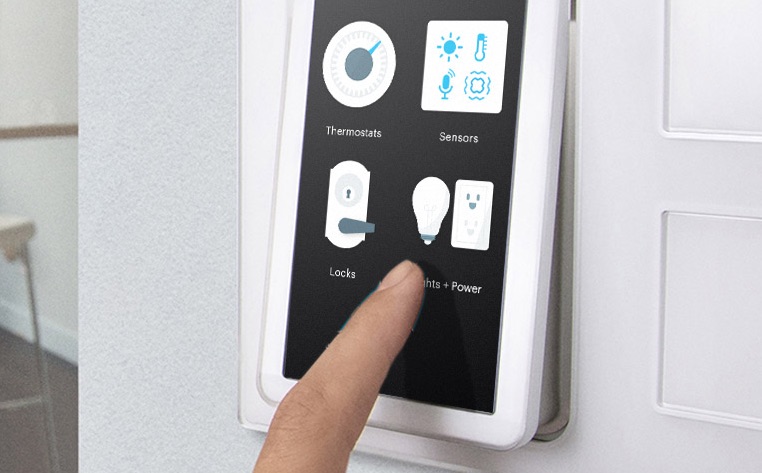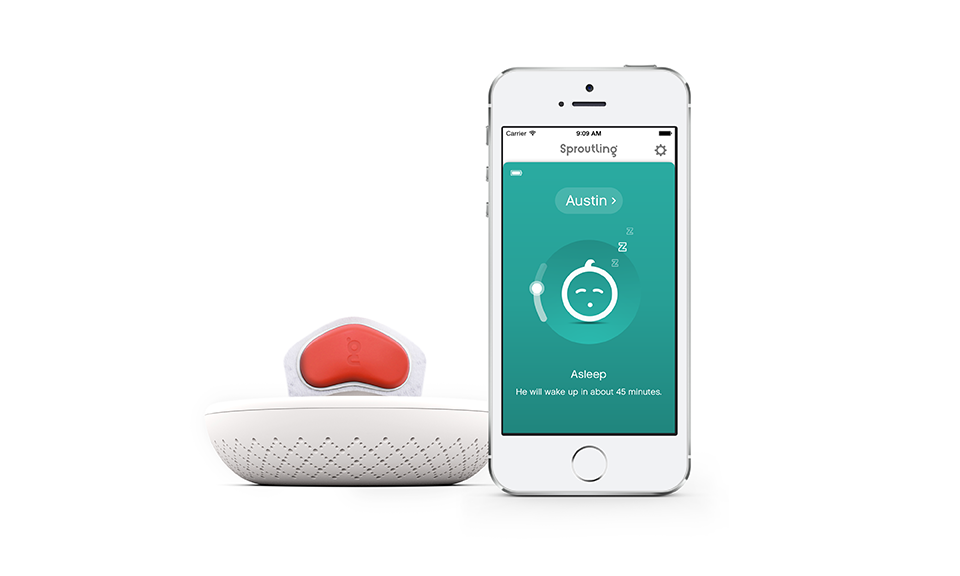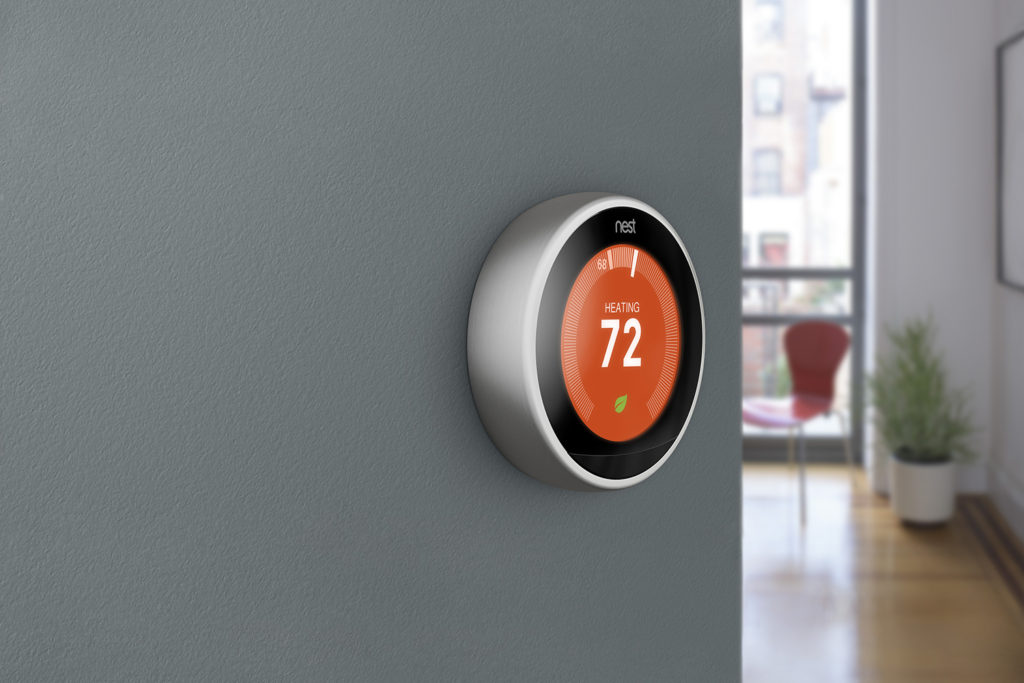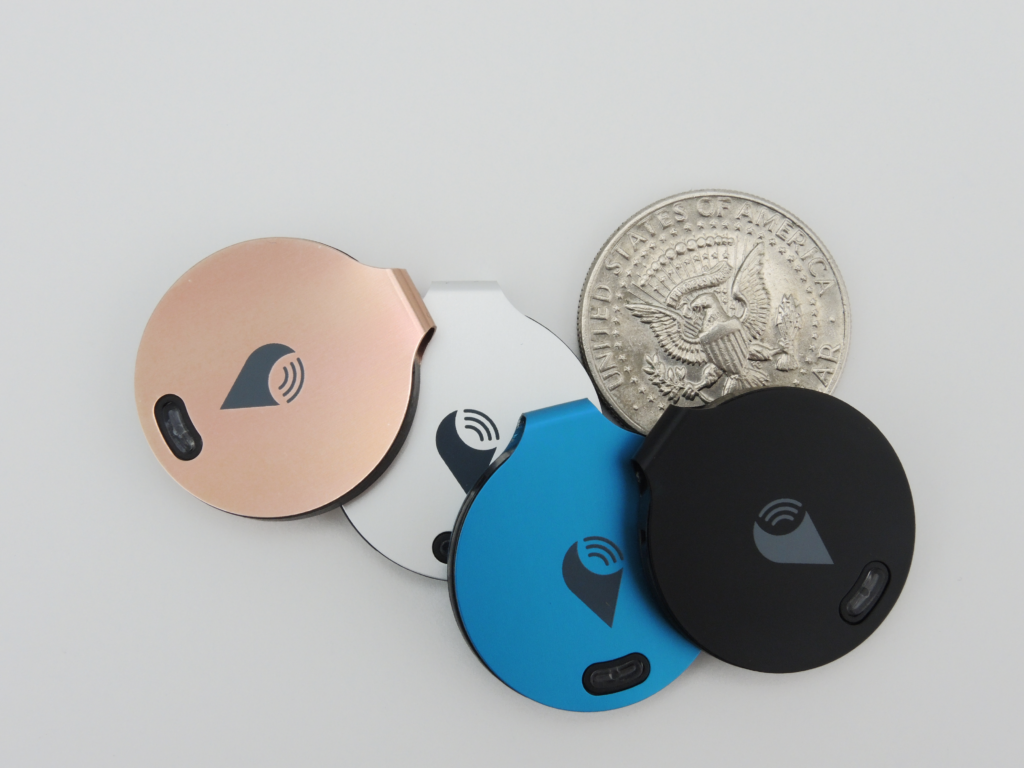Wearables make a return to the podcast with Philips’ news of a suite of medical-grade devices to measure health. Plus, I give my impressions of the UnderArmor Fitness box after a few months living with it. Kevin Tofel and I also talk about Black Hat and IoT security, including a $9.4 million grant to study the electromagnetic noise made by hacked devices as a means of detecting hacks. There’s also new lighting tech from Philips on the Hue light bulb side! We end our segment with a first look at the Brita water pitcher connected to the Amazon Fulfillment service.
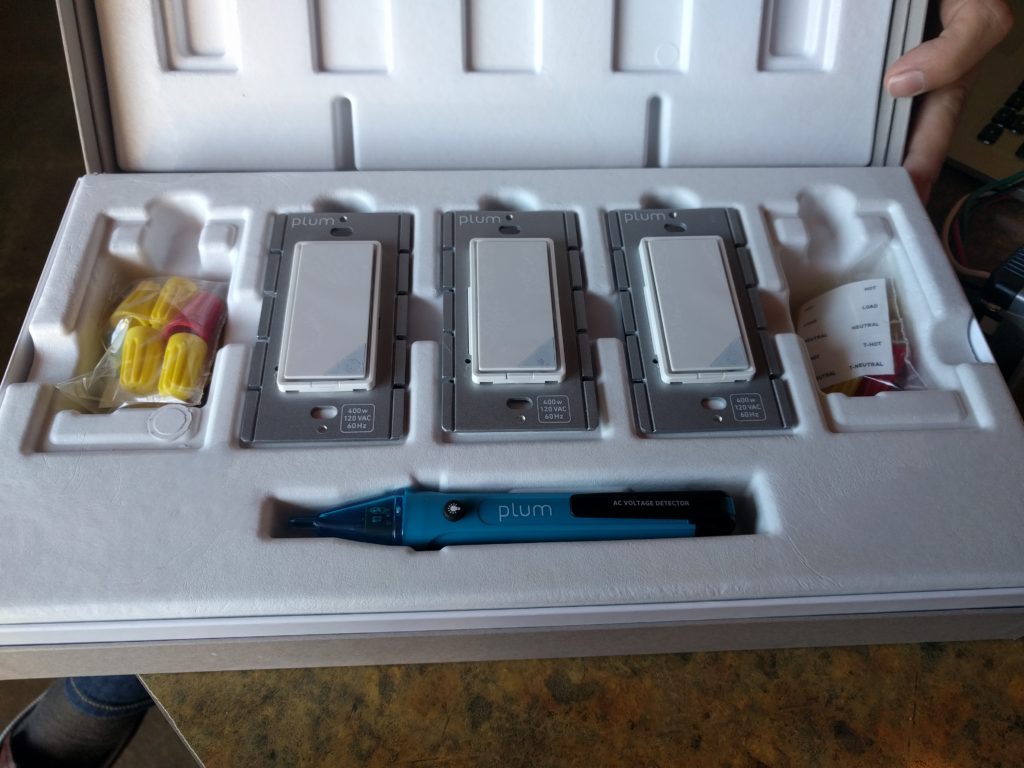
Our guest is Utz Baldwin, the CEO of Plum, the maker of a Wi-Fi light pad. Smart home aficionados will appreciate the quality Wi-Fi light pad that accepts dimming and other commands, while nerds will be excited by the fact that this light switch runs Erlang and acts as a node for a distributed compute network in the home. Baldwin also is the former head of CEDIA, which means he gives a professional installer’s point of view on DIY smart home devices. You’ll enjoy this episode!
Hosts: Stacey Higginbotham and Kevin Tofel
Guest: Utz Baldwin, CEO of Plum
Sponsors: Xively and ThingMonk
- Thoughts on Philips’ new consumer medical device suite
- Thoughts on UnderArmour’s products
- Brita’s Amazon Dash water pitcher in the real world
- How a CEDIA president views the smart home today
- Why the smart home needs a fog
Podcast: Play in new window | Download | Embed
Subscribe: RSS

